Ascensus



NatalieDeana Badillo
Hana Flaxman
Isabella Karabinas
Courtney Lee
Ian Nykaza
Mia Pattillo
Brittany Pham
Leah Rosen
Danielle Yerdon
Advisors
Susan Ball, MD, MPH, MS
Randi Diamond, MD
Daniel Shalev, MD
Allison Maritza Lasky
With special thanks to the Liz Claiborne Center for Humanism in Medicine and support from the WCM Office of Academic Affairs, Office of Student Life, and Well at Weill.
Contact
This year we returned to our previous routines, leaving the period of isolation behind us. We learned how to be together once again, wear real pants, and move forward. Some stepped out from their manicured Zoom backgrounds with an eagerness for sunlight and new experiences. Some were more reluctant, held behind by feelings of loss and grief they have yet to process. Transition periods are times when we are able to reflect on ourselves, to take a deep breath before racing to the next finish line. How can we continue to grow? What joys can we bring back into our lives?
The arts often guide us through such transitions. We turn to literature to make sense of our role in a changing world. We turn to the sketchbook to design a new future. We turn to song to give voice to our innermost hopes and dreams. This journal itself is a celebration of our creative resilience in a time of transition. From New York to Qatar, we join together to share pieces of ourselves with one another. As we pull ourselves out from the quiet bedrooms which once served as our quarantine wards, we pull each other into the next phases of our lives.
We would like to extend our gratitude to everyone who contributed to this latest issue of Ascensus. Your courage to share your story helps us continue this essential tradition, keeping alive the spirit of the humanities at Weill Cornell. It is our hope that all readers will find connection, meaning, and inspiration in your works. Thank you!
Sincerely,
The Ascensus XI Board
Dear Susan,
Ascensus would not be the same—or might not even be—without you. You have been a mentor and friend in so many ways to so many members of the Weill Cornell Community. You are the paragon of the humanistic physicians. We know that you’ll continue to have a profound impact in whatever role you take on next.
Thank you:
For being co-faculty advisor for Ascensus since its inception
For sharing your creativity
For your insights and guidance
For your inspiration and commitment to infusing our Weill Cornell community with a love and appreciation for the humanities in medicine.
We will miss you!
Sincerely,
Randi Diamond, Rachel Kowalsky, Allison Maritza Lasky, Dan Shalev, and the Ascensus XI Board
Student,
E.B. Fouts-Palmer
Blossoms
Xie
Professor
Graduate Student, BCMB,
Verjee
Rideaux
Heart
NatalieDeana Badillo
Degiri Kalana
Map
Hana Flaxman
Clinical Anesthesiology, WCM
Medical Student, WCM-Qatar
Medical Student, WCM
Palliative Care:
Sheila S. Qureshi
Age
Ilana Kotliar
Untitled #9
Daniel Hejazi
Courtney Lee
Associate Professor of Chemistry, WCM-Qatar
Graduate Student, TPCB, WCM
Student, WCM
Medical Student, WCM
Isabella Karabinas
MD-PhD Student, WCM
The Cadence of Chaos
Madeleine Schachter
Professor, Division of Medical Ethics, Department of Medicine, WCM
off the coast
Wierzbicki
Italy,
Medical Student, WCM
Collage
Yerdon
Aisha Kafoud
Medical Student, WCM
Student, WCM-Qatar
secretly love
Gianna
Fong
Student,
Student,
Lind
in Tulum
Akl
&
Medical Student,
the Planets
Ryka Sehgal
Susan Fong
Stars
Medical Student,
Assistant Professor of
at the End of a Storm
Nykaza
Nykaza
Medical Student,
Medical Student,
Koianka Trencheva
Surgery,
El-Naas
Brittney Chong
Professor,
Gynecology, WCM
Student, WCM-Qatar
Medical Student, WCM
the Pace of Life
Mohamud Verjee
Xie
Al Ani
Dean for
Student,
Medical Student,
Student
Sciences Research
WCM-Qatar
Peering Into Old Worlds, Bataan,
is no equal
Rob
Student,
Medical Student, WCM-Qatar
Pelo á Mi (Hair to Me)
Darko
Chiara Evans
Medical Student,
Student,
Al Ani
Al Ani
Medical Student,
Heaven
Al Ani
Medical Student, WCM-Qatar
Medical Student, WCM-Qatar
Solitary, Watchful Lion
Aparajita Sarkar
Medical Student, WCM-Qatar
Weight of the Wheels
Aparajita Sarkar
Medical Student, WCM-Qatar
Running Word Doc of Med School Haikus
Benitez
MD-PhD Student, WCM
Interviews
Sherry Fan
MD-PhD Student, WCM
Through the Hourglass
Al-Khawaga
Zhu
Sherry Fan
Sherry Fan
Medical Student, WCM-Qatar
Fears
Medical Student, WCM
MD-PhD Student, WCM
MD-PhD Student, WCM
or Questions to be Considered
Student,
The People v. Person
Zoha Baig
Medical Student, WCM-Qatar
The Bridge
Xie | Graduate Student, BCMB, WCM
the Faceless
Colors of Tel Aviv
LaScalea
Professor of Clinical Medicine, Associate Dean, Student Affairs
Student Life, WCM
Chiara Evans
Graduate Student, Pharmacology, WCM
Mountain
Xie | Graduate Student, BCMB, WCM
Stillness in the Swirl
Kotliar
Graduate Student, TPCB, WCM
Gloom of Night
Trencheva
Surgery, WCM
Untitled
Hejazi
Asymmetry
Chong
Professor,
Health Sciences Research
MD-PhD Student, WCM
Medical Student, WCM
Mohamud Verjee
me back
Assistant Dean for Medical Student Affairs, WCM-Qatar
Alabdulla | Pre-Medical Student, WCM-Qatar
Madelon Finkel
#2
Madelon Finkel
Professor of Clinical Population Health Sciences, WCM
Professor of Clinical Population Health Sciences, WCM
Jamal Al Ani | Medical Student, WCM-Qatar
The Beautiful Fault in Our World
Degiri Kalana Senevirathne | Medical Student, WCM-Qatar
Leonardo D. Borregales
Rideaux
Urologic Oncology Fellow, Department of Urology, WCM
Medical Student, WCM
Sunday in The Sierra Nevada
Nykaza
Medical Student, WCM
Razan al Mousawi
Medical Student, WCM-Qatar
Bill Reisacher
Department of Otolaryngology
Classical Dance
Sophia Salingaros
Medical Student, WCM
Collage of Memories
Hana Flaxman
Medical Student, WCM
The Night I (almost)
Louise M. Klebanoff
Untitled
Daniel Hejazi
My Dowry
Head & Neck Surgery, WCM
Musical
Neil Young
Professor of Clinical Neurology, WCM
MD-PhD Student, WCM
Koianka Trencheva
Assistant Professor, Population Health Sciences Research in Surgery, WCM
Mohamud Verjee
Assistant Dean for Medical Student Affairs, WCM-Qatar
Birth of An Idea
Viktor Belay | Graduate Student, Physiology and Biophysics, WCM
New Old Pasig River
NatalieDeana Badillo | Medical Student, WCM
The Gathering
Nathaniel Hupert
Readings
Associate Professor of Population Health Sciences, WCM
Courtney Lee | Medical Student, WCM
Capture
Hana Flaxman
Damon Rideaux
Medical Student, WCM
Medical Student, WCM
Heart
Danielle Yerdon
Medical Student, WCM
An attending physician ought to spend the night contemplating Important Questions, reading about biochemistry and physics in a journal that spells things the British way. Perhaps there is even some Latin involved.
There is a window from 2 to 4 AM when I could sleep in a dignified manner, in between cases.
Instead, I tiptoe down the stairs through the darkened clinic to a vending machine, flickering in a nook near the elevator. I search my pockets for enough coins to buy a bag of M&Ms which I sneak into the call room to eat in bed.
Any minute now, my parents will hear the package crinkle and catch me getting chocolate on the sheets.
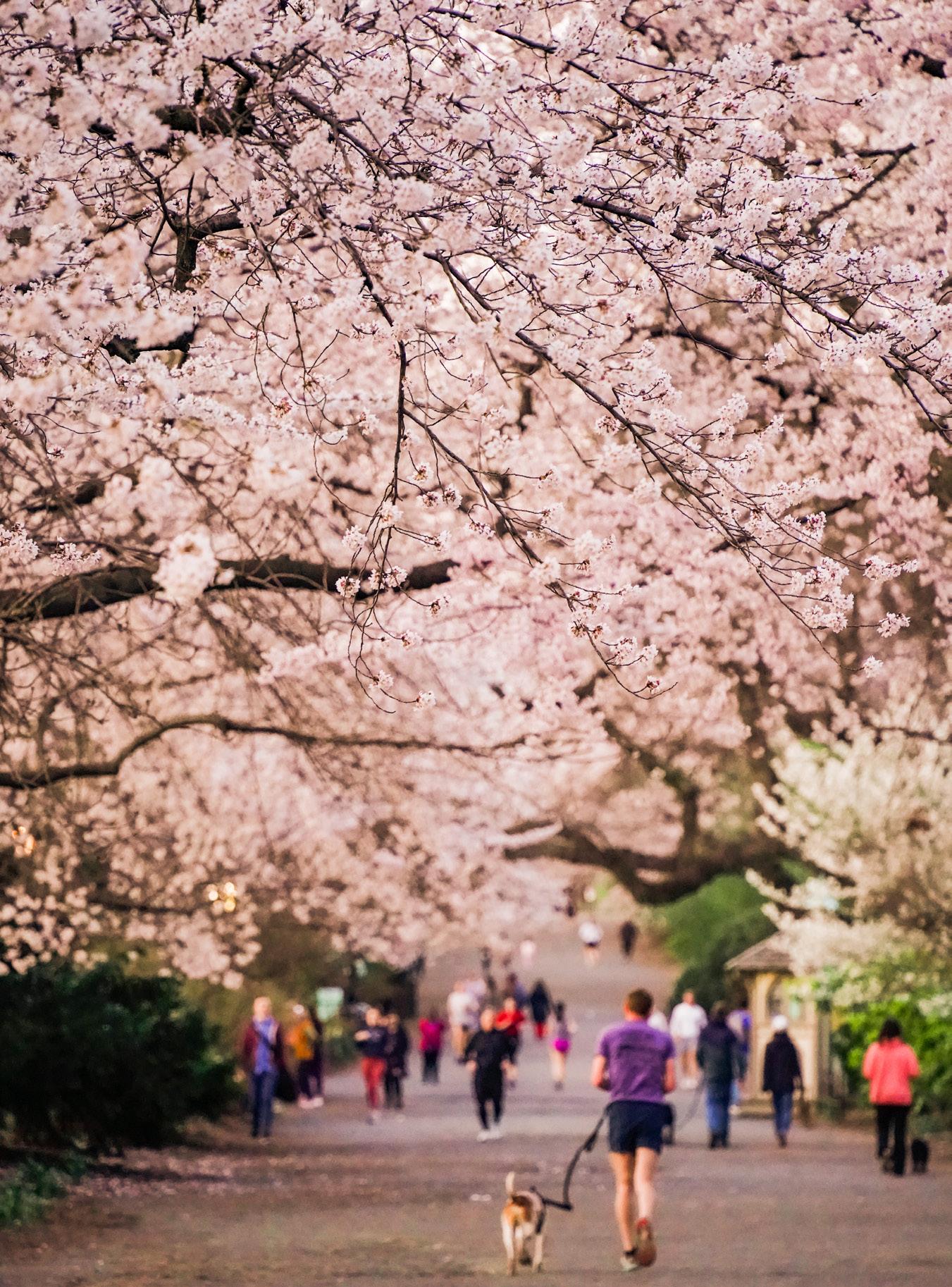 Amy Xie
Amy Xie
Her head eased back, no semblance of discomfort Body wracked with disease, borne like a stalwart Ice blue yes, sparkling with no hint of sadness Continuing to see all around with brightness
Cancer had consumed her, diminishing her life Going with grace, and no appearance of strife
With all the reflections of an age now passed She accepted her fate holding esteem steadfast
Not doubting why she was the one to suffer Pleased with the time given to continue further Glimmers of hope only leading to false trails Reflecting what more she could have, with smiles
Oh what fun she had when young, skittish and free Now she goes towards another freedom, of beauty All those she met are more than a memory, and the joy Of new births, perpetuated love, her intrinsic ploy
Does she have regrets? Yes, of course but no matter when Chances she had she took when she could, many fold then So here she is, poised for her destiny, to accept her death That her transient physical presence is over, a last breath
To Her Family and Loved Ones:
What can we say to someone we have never met but know intimately?
4 students, 16 weeks, 29 dissections…the succinct version of our experience with her
This austere description does not do her justice
It truly takes someone brave to make such a grave decision about their body
The nature of a dissection is to learn nomenclature—muscles, arteries, nerves
But in a broader sense, we think this lab was about learning what makes up a human
We learned about anatomy on a macro scale including the parts that classify people as ‘male’ or ‘female’
The plexus of nerves that lie in the underarm, the chambers of the heart,
The smallest muscle in the human body, the stapedius, and the longest muscle in the body, the sartorial muscle of the leg
(If you can not tell, we spent a lot of time learning muscles)
Through this process we learned about her, our future patients, and even ourselves.
It’s easy to think we know her. We know her as skin, muscle, fat, tendons, and tissue,
But ultimately we know that this is not true
We don’t know her, but we can only speculate the amazing person she must have been because…
Even in death, she gave…
Herself, her body, in an effort to save lives
NatalieDeana

Dear Future Doctor, Why do people disagree?
Are we not humans, born with empathy?
Is it because we lack knowledge, that we are so blind? Or another reason…still clandestine?
Dear Future Doctor, One fact remains true however, Us humans are hard-wired to love each other, So please, for the love of humanity, Can we please stop fighting and listen to one another!
Dear Future Doctor, Heed these words… Practice your art for the joy it brings, When your patients are cured and your entire soul sings, When gratitude overflows and tears of happiness spring,
Dear Doctor,
You alone are the guardians of health and peace, But so too are you the wardens of empathy, The embodiment of dedication, determination, and sympathy, You have wisdom unknown to most, So, while you take up arms against disease, We beg of you to remember your other duties
 Hana Flaxman
Hana Flaxman
My mother died twelve years ago. During her illness, I documented my family’s torturous journey through palliative care, which although difficult, helped me to advise and support others going through similar experiences. In December 2009, I returned home to the United Kingdom. I knew my mother’s illness had worsened over the year and had visited her the previous spring and summer. She was now being administered oral morphine, causing me serious misgivings about the final diagnoses. When my brother picked me up at the airport, he broke the news that our mother had been diagnosed with cancer, making it a tearful journey to Nottingham. He also told me that mum would go to the hospital that day for a CT scan, which determined her cancer was terminal. When I saw her, she hugged me tight and made me promise not to leave. When the results came back positive, my family designated me to break the news to mum, and as I could not bring myself to say the word “cancer,” I simply told her that her illness had no cure. This began an exhausting, emotional ten-week marathon, during which I rarely left my mother’s side.
My mother was diagnosed ten weeks before she died of anorectal melanoma (which up to this stage had been misdiagnosed as hemorrhoids, but that’s another story). Our GP told us that her medications for cirrhosis of the liver, vision, and insulin had become secondary. He advised us to stop giving these medications so that she would die quickly and naturally, as prolonging her life would cause suffering! I explained that, as Muslims, we never give up on life and that if he stopped her other medication, she could die because of those illnesses (which he called secondary) rather than cancer. He changed his mind based on logic, his conscience, or the cultural context, I don’t know which. Our family became her caregiver under the guidance of district nurses whose primary duty is to administer drugs like morphine, which was injected over
a 24-hour period subcutaneously. In addition, we were assigned a Macmillan nurse, a palliative care specialist, who provided information and counselling. I had never heard of palliative care, but here we were doing it. Palliative care involves letting the patient die as naturally as possible, with minimum medical intervention (as there is no cure) and minimizing patient discomfort. However, as her family, we had important decisions to make and did not always agree about what was best for mum.
We did not want our mother to go into hospice because it would cause her maximum distress to die in an unfamiliar environment. Indeed, it would have denied us the reward of giving even one percent of what she gave us. Serving mum in the last weeks of her life was precious to me, and I will treasure it for the rest of my life. In palliative care, the family makes crucial decisions about drug administration, as doctors and nurses respond to our perceptions about the patient’s needs. Some could interpret this to mean that mum’s level of sedation depended on how well we were coping. In palliative care, when family members cannot cope with the demands of patient care, they say to the nurses, “the patient seems very agitated” or “she must be in a lot of pain because she has not slept for twenty-four hours” and the nurses will immediately respond, “well you can have the Levomepromazine (used for nausea and mild sedation) or the midazolam (strong sedation) prescribed as a stat dose… would you like us to administer that?” or “we advise you to have this administered.”
Between the six children, two preferred sedation and four were against it. When we referred our dispute to doctors, friends, and relatives, they all said, “It’s a matter of opinion. We all know you have your mother’s interest at heart when she initially became bedridden, but those wishes should not be followed now as her needs have changed.” This opinion seemed justified, as morphine can make patients hallucinate or feel sleepy. How can patients make a difficult decision in that state? We had to know if the “real” mum was speaking. Now, mum did have her moments, but she knew who we were right to the end, and she showered us with gems of wisdom and guidance up to ten days before she died. Ultimately, her body gave up the fight. She slept and could not be awakened.
Four weeks after confronting her diagnosis, mum became bedridden. She pulled me close and told me that she did not want sedation. These weeks had been the most precious moments we ever
had with our mother. One evening, she called me over, held me close to kiss my face and said, “Sheila, these are the moments you will remember.” I remember these moments, but I also remember the bitter conflicts over sedation that, thankfully, she was unaware of. As a result of these conflicts, after four weeks the nurses recommended that we meet with the doctor to discuss her medication. He explained that some patients accept their terminal illness and want to be sedated earlier, but my mum was not one of them. He also explained that Macmillan nurses give caregivers general advice, but there are no specific guidelines in palliative care. Rather, each case is unique to the patient and family. The GP was satisfied that her pain was under control, and that she was comfortable, so he did not see any need for further sedation. The morphine interrupted her sleeping patterns, but she continued to nap and did not expend much energy lying in bed.
We were unprepared to deal with the emotional stress of palliative care. Learning that mum would die in a few weeks, absorbing information about sedatives and other aspects of her care, and facing sibling conflict were all extraordinarily difficult to bear. Since then, I have heard of cancer patients who chose sedation to save their families from the pain of seeing them decline. However, mum wanted to spend every breath with us, and we wanted to spend time with her. We did our best to honor her wish in the best way possible.
Acknowledgments: Dr Adam Larson who assisted with editing the article.
 Ilana Kotliar
Ilana Kotliar

Afterwards we cleared out his room. Discovered drawers of half-eaten cookies, loose batteries, lost keys. Our missing socks and silverware and sunglasses. Little trinkets arranged with unrealized purpose.
Blame it on the dementia. The retrograde mind, a thief in the night ransacking his own house while we slept. Guarding his treasures back to bed as if they, too, would lose permanence.
But know this: he did not lose himself. In the disarray, I found the young man who once saved tin-foiled stacks of money in the meat locker. Jewelry in the loose brick. All those years as husband and father and ah-sir.
He died peacefully in a tomb of his own rendering. Left behind his hoards for the living and took with him only memories. I remained long enough to procure the relics, long enough to remember after him.
I feel it in my body more than my mind
My mind is numb
I am shaking
My face is blank
I am not here
Not in this lecture hall
In medical school
Listening to a talk about cancer therapeutics
My body rests in this chair
Pen in hand
While I can think only of which of these drugs
They will give him
 Madeleine Schachter
Madeleine Schachter
 Kyle Wierzbicki
Kyle Wierzbicki
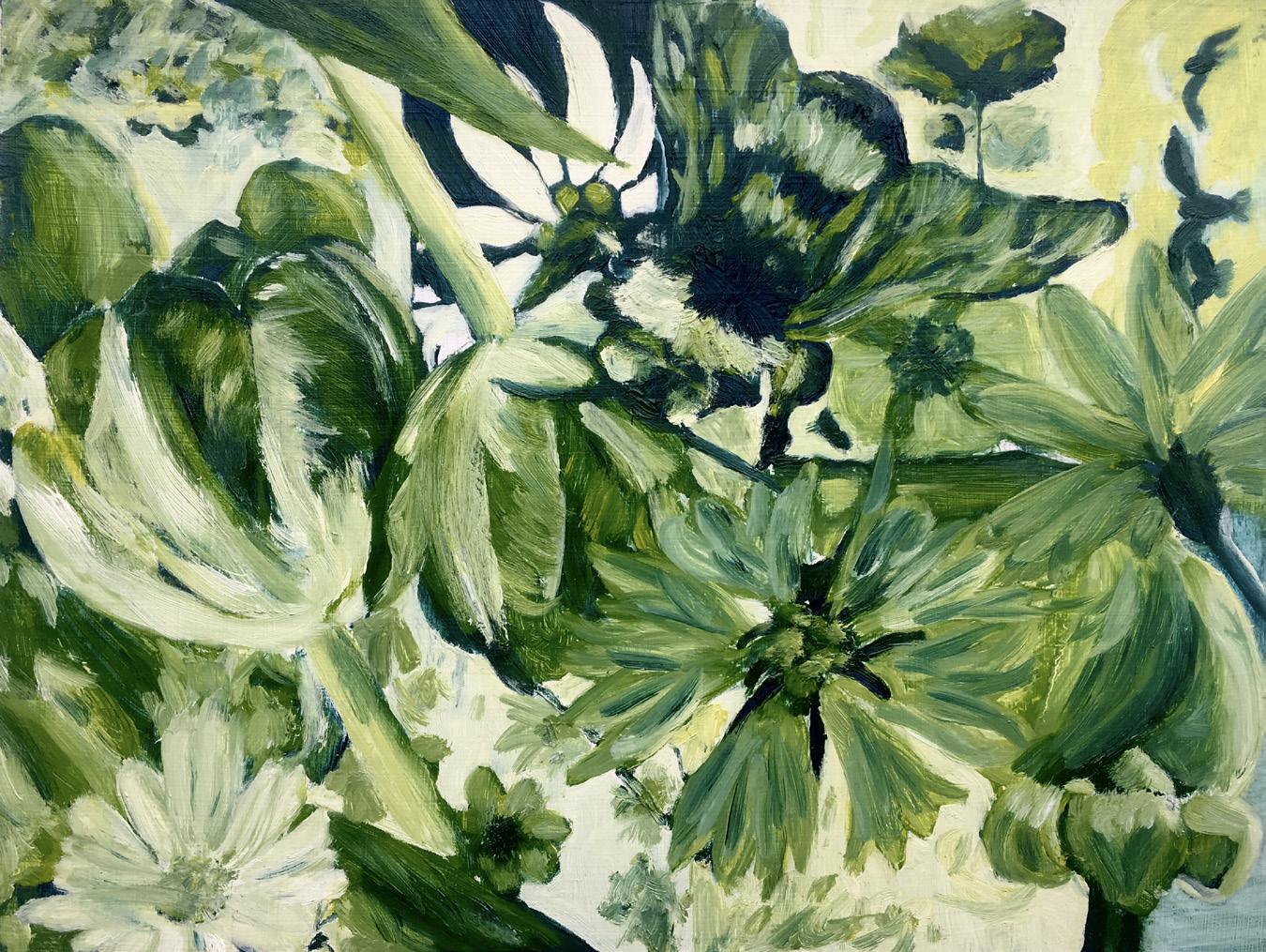 Danielle Yerdon
Danielle Yerdon
 Aisha Kafoud
Aisha Kafoud
the quiet ones
when the room is dark a slit lamp and I looking for answers
Illuminating their eyes feels like a metaphor, and I have a poet mind. Poet hands. Surgeon hands, soon.
Then
We lived in sweet, willful ignorance. Nanoscopic particles bent on our destruction existed, surely, But attacked predictably, and only once a year Allowing us to plan and fortify With protein shields delivered through ethanol swabbed skin. Few fell But those who did Passed within the soft embrace of love Untainted by fear.
Then
We lived and moved in shared spaces Breathing the same air, Voicing the same songs, Touching without fear, Hands grasping hands, Arms linking arms, Lips grazing lips, cheeks, foreheads.
Then
We blithely squeezed together in metal tubes beneath the streets, Lined up tightly in shared anticipation, Marched shoulder to shoulder on grand boulevards, Brushed past one another in narrow halls and passages and Mingled sweat and smell in crowded theaters and packed arenas.
We live in isolation, Faces masked and drawn, Warily walking along emptied streets Past boarded stores and vacant food halls. We line up uneasily, Pass gingerly, Stand separately Love guiltily.
We do not share song, dance or sustenance But eat and move alone or in small, every tightening circles, Stagecoaches rounded in defense Against an unseen enemy.
We live and move in fear Of this new predator And of one another. Those among us who fall (And there are many) Do so alone Or at best, Watched from afar by faces on blue lit screens, Witnessed by swathed strangers Who stroke limp arms through gloved hands And whisper words of comfort That pass between layers of three-ply polymer And ricochet off polyurethane shields.
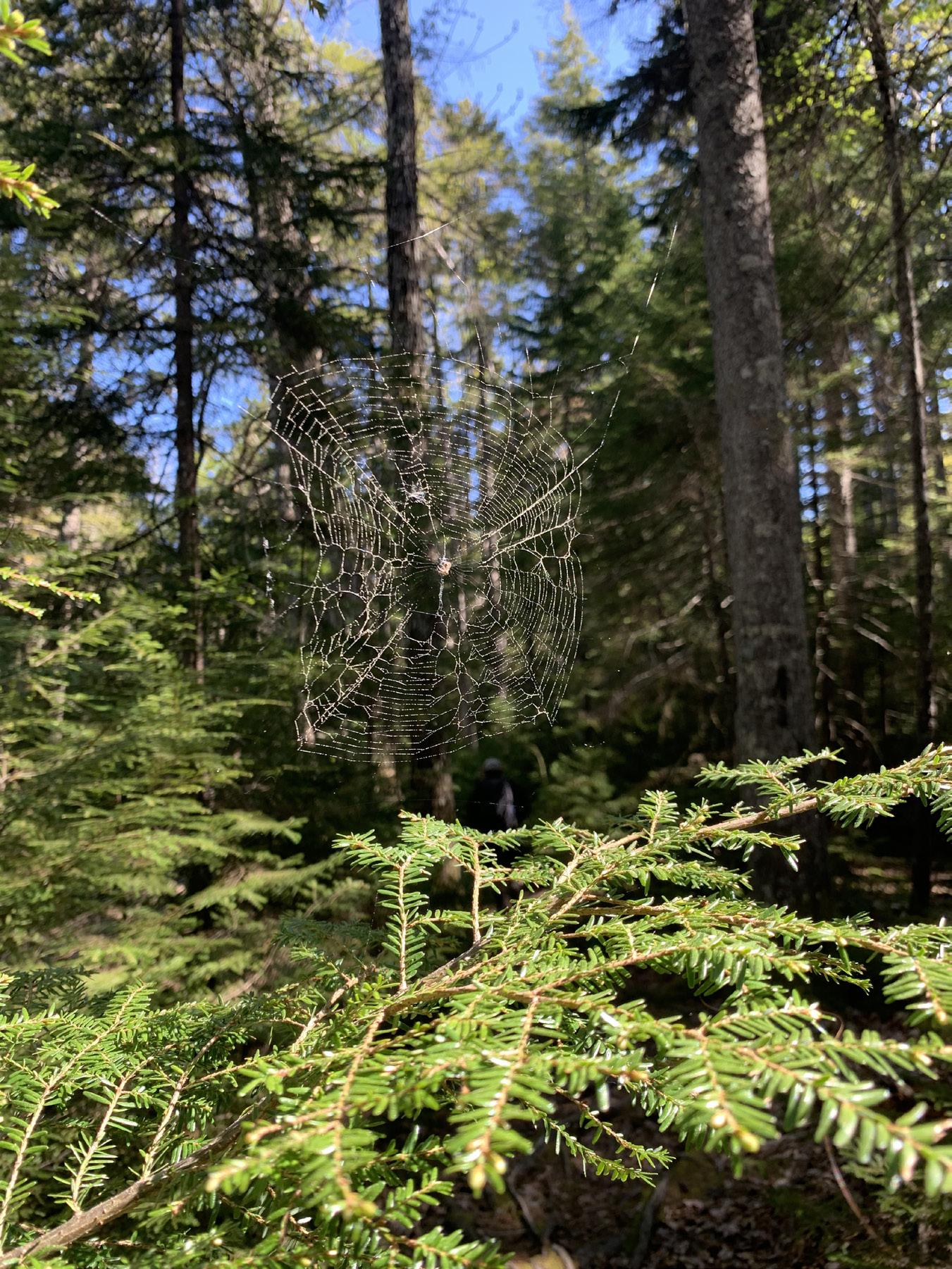 Gianna Stella
Gianna Stella
 Susan Fong
Susan Fong
When your mom is sick, especially when you’re a young, inherently selfish child, the natural order of things is disturbed. Just as there is bad parenting there is also lousy child-ing.
Relatives that seemed to only come around twice a year would wave their finger at me, “Don’t be selfish. Take care of your mom!” At 11 years of age, I didn’t know how to do such a thing, so I ran away from it.
At the time, I lived in foster care with an unassuming Christian couple. They insisted I called them “Mom” and “Dad,” but I never budged from calling them “Peter” and “Michelle.” I never wanted to connect with the family or their church-loving children. They reciprocated that sentiment. I resented that family for taking me away from parents that actually looked like me.
Often, they’d hand me the phone with an exacerbated sigh, “It’s your mother. She wants to speak with you.”
I would always shake my head and return my attention to whatever diversion I was doing before the phone began to ring with news of Sick-Mom. Perhaps out of pity or fear, the couple never pleaded further. “Parents,” social workers, and teachers treated me like a wounded puppy—to a large degree, that’s what I was and how I saw myself.
“Her mother locked her in a bathroom for five days. Pity! We had to take her in. That mother is so sick!”
And sick she was, in every sense of the word.
A few months after her cancer diagnosis, the couple drove me to her house. I remember the butterflies in my stomach beating their
wings harder and harder the closer we got to the neighbourhood. When we arrived, Peter and Michelle stood far in the driveway while they motioned for me to approach the house.
A “Get Well Soon!” balloon in my hand.
I knocked the front door a couple of times, looking behind me for reassurance after each knock. Then the door swung open. The home nurse looked at me. In the two or three seconds of eye contact that pursued, we agreed that I wouldn’t make trouble this time as I did every other time I had been here. I wouldn’t cry; I wouldn’t shout, not today. She said nothing and walked down the hallway while I sheepishly followed.
Although it was midday, the only light source came from a dimly lit room on the right of the very end of the hallway.
I saw a woman in wrinkled sheets. My mother was uncontrollably sweating, heaving, and covered with an even more wrinkled linen blanket. Her light brown hair had all been sheared off. The air was heavy and reeked of antiseptics. She turned her neck towards me. She was crying.
‘Why is she crying?’ I thought.
I immediately look away, whimpered, and tugged at the nurse’s shirt. “I don’t want to be here. I want my mommy” I said and ran before I would get a response intentionally pounding my boots on the wood to express my distaste. Once back outside, I pulled the car door open and huddled onto the car floor, hiding my face. Shame? Fear? Probably both.
“She’s sick, honey. Don’t be so sensitive.”
I never bothered to attempt to talk to her ever again. I was angry at this woman for getting sick, for robbing me of my parents, for the concert invitations I always had stuffed into my backpack, for all the bitter Mother’s Days, and for the empty seats at Graduation. For years, I justified and fuelled my rage by deliberately triggering myself and recalling the awful things she’d curse at me.
Eventually, her cancer would get to her brain, and I would lose her. I never bothered to find her grave.
I hated my mother, but what I truly resent now, is her illness. Now at 18, I have burned through seven years hating someone that just needed a child’s smile. I am drenched with shame every time I remember that it took her disappearance for me to finally show her compassion. Further exasperating that shame is the irony of my career path. I’m supposed to represent empathy, but I do not.
“But you were just a child!” is a typical friendly attempt at assuaging my guilt. I am not proposing that it is my fault or that mine was not a valid, childish response. I was so utterly disturbed by her fragility and my “caretaker” vacancy that I ran from it all. I still do.
Deep in my heart I know I will continue seeing myself as the 11-yearold girl who was too much of a coward to hug her ailing mother. But I am now an overly sparing forgiver who hugs anyone that will allow it.
I now grieve over the lost possibility of unconditional love that cannot be replaced by and to anyone than by a mother to her child.
 Brandy Holman
Brandy Holman
 Jennifer Akl
Jennifer Akl
Don’t hold back. Just how do you feel?
Could you find the sound that would make it real To your animal flesh, to your animal bones And remind us both what the animals know
Tell me your secrets
Your prayers at night Show me your shadow And I’ll show mine
But the Earth still turns, and the sun still shines On the animal world, on the birds in flight Can you hear them sing? How they sing for you And we sing for them, as animals do
We are not alone
Just listen to them sing A song so absurd It could mean anything But it means everything
Scan QR code to listen to J Lind’s original song “Anything & Everything”
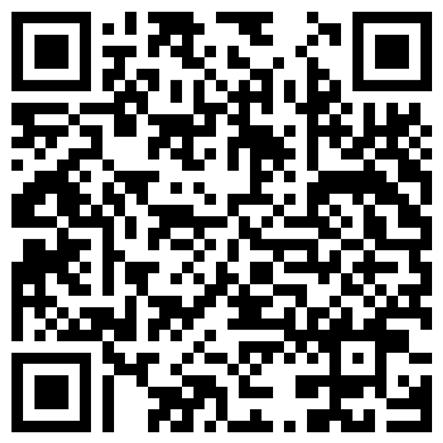
I look at you and wonder – are the clouds made of the same condensation that fogs your oxygen mask? This can only mean that you, my ethereal lightness, my soap-bubble darling, you are the sky. Have I ever told you that? You are gravity and the atmosphere. You lay like a holy magnet in your hospital bed, the center of everything. The wires and tubes radiate out from you like so many points of a great dying star. Are you dying, my sun? This cream-walled room is the universe and I cannot cease my endless orbit around you as I check and recheck and adjust and adjust again. Can I make you more comfortable? Where does your mind wander? I wonder if you can feel me in the room.
I place a cold palm to your fevered brow. Much more of this, I fear you will raze your insides to dust. And I will be alone. Without gravity, with nothing of you. Who am I then? Stranded in this toosmall universe, left with only the planets and stars? It is not enough. It will not be enough, I say to you. It will not be enough. I sink into a chair.
I hope you can forgive me for thinking of myself when I ought to only think of you.
I shall endeavor to remain steady. I fold your damp and clammy hand in mine and try to remember you by the ocean. By the sea you seemed so small. Gravity was something larger then, something like the tide that would tug us playfully down down down if we waded too deep. And now here you are! Unwillingly ornamented like the spines of an urchin, dangerous and delicate all at once. Surely I am drowning. I wish to raise myself to the bed, to your side, to rip these tangled wires and cords off, to gentle every rash and bruise on you. Would you feel it? Would it hurt you more? You fragile wretch,
pitiless angel. How I love you! How I loathe you! I miss you and yet you are here. How can I give you more of me? If your teeth would work I would let you eat me alive. I would feed myself to you and watch you chew so unhurriedly and blot your cracked red lips on the starched white bedsheet. How many others have died in this bed? You cannot, you will not, leave me like this. My lighthouse, my lodestone. I forbid it. You must come back, you must wake up and smile and reach for me. At least hold my hand a while longer. At least let me hold yours.
 Susan Fong
Susan Fong
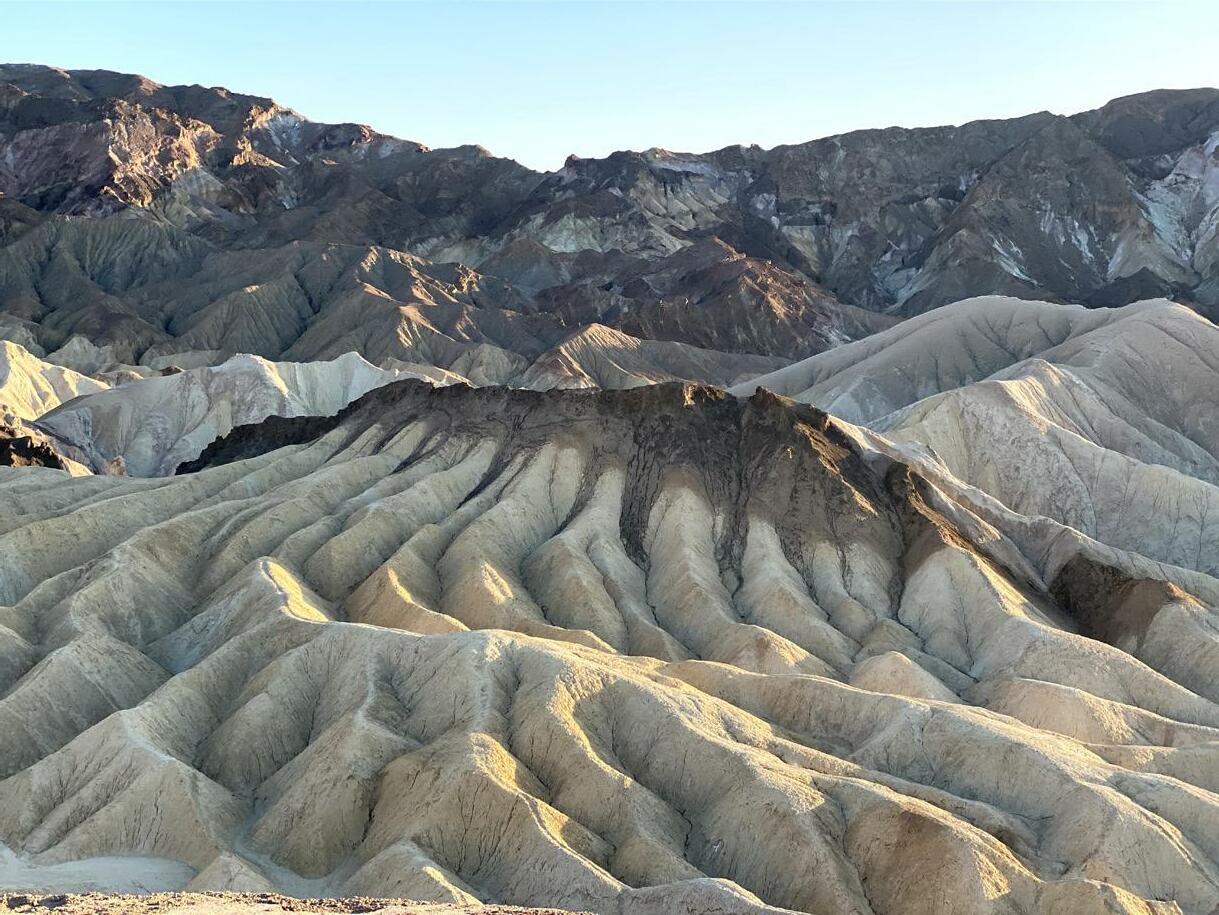

Again this dream to sense
The gentle whiff of linden tree
To feel the waggish titillate of soil
On my lively toes
To see grace in a single spike of wheat
And have my skirt pasted with catchweed
Again this dream for the enchanted nights
Filled with frogs croak and crickets lyre
To hear the echo of my joy Knocking at the stars
To listen to the whisper of the grass And feel myself swing with firefly’s jazz
To others a malefic thorn, A sharp stab, an icy blast Rendering destitute, forlorn. To me but a concept, looming, unexplored, a raven crying, Nevermore! I sense You, but cannot see and I can but only wish to be blind, forevermore.
Death I
 Brittney Chong
Brittney Chong
Novel virus maybe, but is it not a type of flu?
No, apparently not, it makes one ill, can kill Scary prospects, avoid infection, wash hands
Edict came through, all staff informed Skeleton crew only to attend their desks
Key personnel to stay and manage tasks
Would our turn come to work from home?
Scrupulous hygiene advice, adopt utmost rigor Twenty seconds to wash hands with soap Always keep social and physical distancing Stand two meters apart, no more handshakes
Face masks obligatory, protection assumed Stay home, stay safe, the new life phrase
Is there a cure, no vaccination yet, no drugs? Hugging not advisable now in this new era
Lockdown announced, no more office work Take what you need now, while you can Power off computer, printer, lights, lock up May not be back for a while, say farewell
Now at home, adjust area for workspace Wash hands after going out, clean before All essential stores still open for groceries Cautious people order online for delivery
Back-to-back, Zooming all day, few breaks

Felt shackled to a chair, earphone appendages
No outside ventures possible, no one visiting Body stuck in high idle mode, stress building
Weeks pass by, moods change, tempers flare
Lethargy, tiredness, irritability, depression
But why complain, I am not infected, am well Family, food, fun, new skills acquired, fancy
Meanwhile, we must settle for virtual hugs
Keep work and television out of the bedroom
Zoom shows we still exist to family, friends
No travel to offices, save time and expenses
Covid-19 won’t last forever, so cheer up Time to bond together, all of us, take advantage
We will enjoy seeing relatives again, love, eat, Play, smile, laugh, cry, and pray with them
I’ve been Thinking
I’ve been thinking about Home
What is home?
Where is home?
I’ve been thinking that I have answers to these questions and questions to those answers.
Home. Home. Home.
Why do I keep asking myself about home?
Is home the motherland, or the land my mother steps foot on?
Is home where the roots of my existence stems from? The existence curated through my childhood’s milestones, Or the existence created by my ancestors’ footsteps
Is my home where I created memories or where memories could’ve been created?
Some of you may be asking, why is this so important?
You see once you’ve established where and what home is, You either feel grateful to have been home, or feel lost not having known home. Home is not the same to everyone. so the thing is, home would not have been what you imagined, or the thing is, home would not be what you expected, cause in reality, Home is not a place, Home is not a thing, Home
Is a feeling, The feeling of being loved, of being connected, of being in touch, of being with family, with friends, people who share a mother tongue, people who share traditions, a culture, a heritage, a history.
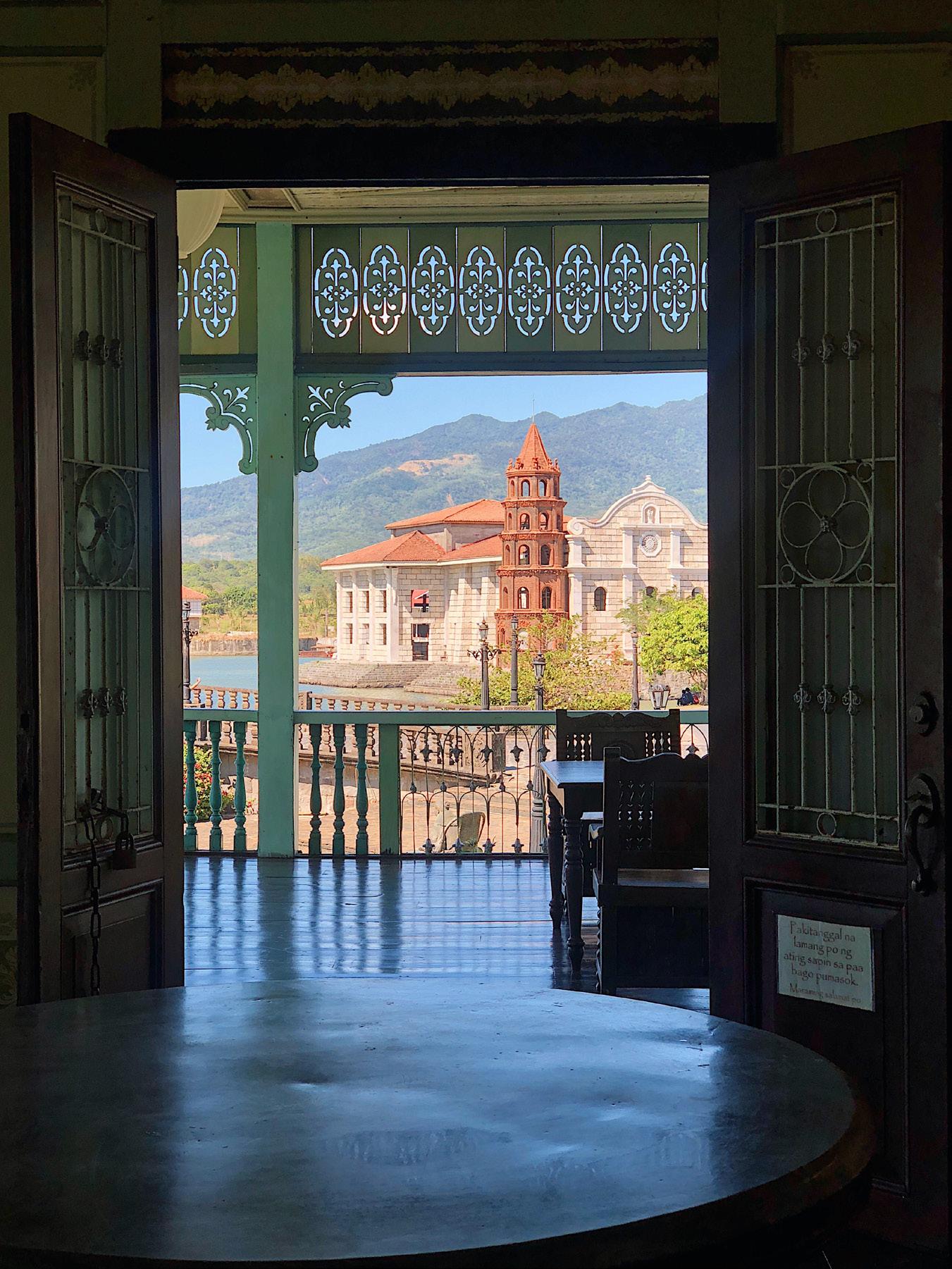 NatalieDeana Badillo
NatalieDeana Badillo
I had never understood what it meant to be a Palestinian Muslim, neither had I cared. Living in the US had stripped me from any tangible concept of my ancestry, of my lineage. While 9/11 shocked the world, its aftermath was even more devastating. Fearmongering was employed as a way to instill some sort of twisted unity under one leadership, and it was suddenly dangerous to be an Arab. I, of course, never knew the first of it. I was surrounded by toy Barbies and ice cream cones, none the wiser about what was happening around me.
The first time I had faced the reality of being a Muslim was in Tennessee, in my elementary school. It was a warm, calm Tuesday, but I distinctly remembered my stomach churning with the realization that I had forgotten my English textbook. My toes curled anxiously as I began to bite my nail.
I was in trouble.
Just then, like a savior in a dark night, my mom knocked on the door, holding the very textbook in her hand. Just as I was about to get up to get it from her, my teacher intercepted me. She walked over to my mom and guided her out of the classroom. I began to hear muffled, but loud voices. Though I could not make out what was being said, the tone of my mom’s voice gave me no comfort. After a few minutes, loud footsteps trailed off, followed by my teacher returning to the classroom.
The teacher tossed the book onto my desk, a loud bang echoing. Hesitantly, I took it, unsure of what I had done wrong.
After a moment of silence, someone spoke.
“You know your mom covers her head because she has cancer right?”
A girl in my class blurted out shortly after seeing my mom in her hijab. I remember the class erupting in agreement, while the teacher covered a short snicker behind the palm of her hand. The
cold, unforgiving walls of my first-grade classroom began to tower over me, and in that moment, I had hoped it would swallow me whole. I cried until my throat closed up and my cheeks turned red, as I hid in the bathroom until the class ended.
Many questions began to arise in my mind. What was the scarf my mom was wearing around her head? And why was she wearing it?
Despite moments like this, where I was from was still not an integral part of my life. I was confronted with the fact that I was a Muslim. I did not understand it. I did not comprehend it. And most of all, I did not want to deal with it ever again. And while I had some awareness of being Muslim, I had yet to come to terms with my Palestinian nationality.
Being an Arab and being a Muslim are two distinct idenitities, though they often intersect and are muddled together when discussed in casual conversation. However, being Palestinian is different from just being Arab. To be from a country that does not exist to anyone else in the world was confusing as a kid and angering as an adult. But living in the US had wiped any opportunity to discuss this, stolen my chances to express who I was and discover what it meant to be Palestinian.
It was not until I moved to Saudi Arabia that being Palestinian was more than a foreign identity: then was the first time that I was around people just like me. A few years into living in an Arab country, I began to relax. People around me had similar backgrounds to me, and it finally felt like I was not faking who I was anymore.
Living in Saudi Arabia was so vastly different from living in the US in that I was now going to an international school- the emphasis on diversity, rather than separation, was evident- there was a greater sense of security as I no longer was isolated from my classmates. I was not the only one that looked different; everyone looked different. I was exposed to so much more. Instead of hate, there was tolerance and understanding. Instead of sectionality, there was unity and shared experiences.
Instead of saying “I’m American”, I was starting to say, “I’m Palestinian”.
But it was my first International Day event that made me sure of who I was. It was in my freshman year of high school, and I was getting ready in the morning. I spent quite a long time
deliberating and deciding what to wear, until my mom came in with a colorful, embroidered dress. It was what I now know to be a traditional, Palestinian thobe. I carefully put it on, letting the fabric loosely sway around me. I glanced at myself in the mirror, staring in wonder at the magnificent dress I was given to wear. It was beautiful.
When I arrived at the international parade, I stared at the different flags fluttering and at the different cultural clothing flowing. And there it was, the red, white, green, and black of the Palestinian flag. A group stood underneath, wearing all different kinds of clothing, each one more unique than the last. As I shyly walked up to them, random people began to greet me in Arabic, and I was astonished to hear an accent so similar to my family’s. They were laughing and talking loudly to each other, sipping on tea brewed the exact way my grandmother makes it. Suddenly, I was taken back to a moment I did not even know I had a recollection of: sitting in the kitchen with my grandma while she boiled over some tea.
I knew in the memory that I had to have been much younger, considering my perspective showed everything much, much taller than me. The antiquated house bore old stains, walls with marks and drawings only belonging to a younger child. This was my mother’s childhood home.
“Doo’i ya Mlaak (Try this Mlaak),” My grandma had placed in front of me a steaming cup of tea, the shimmering liquid a golden brown with a hint of maroon. Her gentle hands had decades of love written into them. Her eye lines told of laughter, of warm smiles and affection. When I had first let that warm liquid touch my lips, I had felt at home.
This moment was no different.
Someone running by me paused for a second, introducing himself energetically before tossing a kuffiyeh around my neck. I stared at the white and black cloth around my neck, and a sprout of warmth spread through my chest.
I was proud to be Palestinian.
I was proud to be Muslim.
But the fear of xenophobia, discrimination, and racism ran blood deep. I did not grow up in the spheres of terror that my parents did. I did not suffer under the stereotype of being a danger to those around me. I watched my parents deny their background, deny who they were out of fear of losing jobs and opportunities.
“You know, my mother is actually from Turkey,” my dad laughed with his friends. While this was not the first time I heard him say this, it was the first time I questioned it.
Having left our friends, I sat in the car alongside my dad in silence. The sky was vast, a deep blanket of darkness. A soft Eagles song was playing slowly in the background while the car hummed.
“Baba, why didn’t you just say you’re Palestinian?” I turned over to him. His eye bags were dark and clear, the wrinkles on his face littered more and more the longer I stared. He glanced over at me for a second, then back to the street ahead of him. My dad did not speak for a moment, tapping his fingers on the steering wheel.
“I don’t know Mlaak,” He sighed, “Just out of habit.”
Just out of habit. Just out of fear.
It was then I knew I did not want to live like that. I did not blame him. But pretending not to be Palestinian, such an integral part of my identity would be like suffocating. I am a proud Palestinian Muslim. People warned me to avoid mentioning it on college applications, not to mention where my parents were from when applying for jobs or internships… out of fear. I did not want to suffocate anymore.
I am Palestinian.
And I do not live out of fear of anyone else.
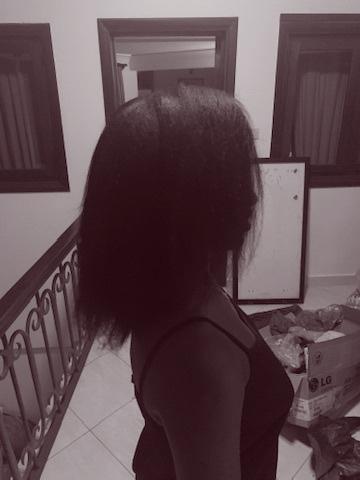 Margaret Darko
Margaret Darko
With so much of our history erased
I look to the strands of my hair
To tell a story
Tracing back to the follicles rooted into my scalp I embark on a journey of self-identity and discovery Strands that flow deep into the body
Into the soul
Where we find inspiration from them
Those that came before us
How a single touch could transcend time to explore what pelo á mi signifies beauty, culture, resistance, love, creativity, Pelo á mi is internal and external

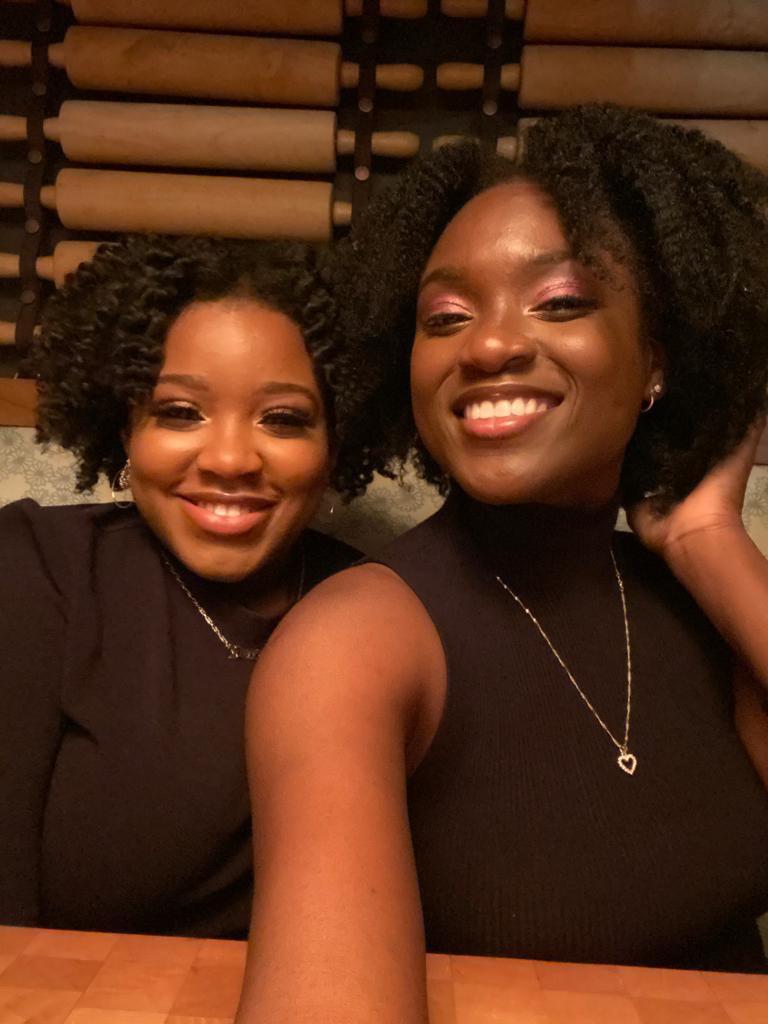



It rises to the sky like the waves And falls to the ground like ashes
Water and heat, pelo conquers
It is malleable, conductive, better yet endless especially when aligned with nature
One that evolves with uncertainty and in doing so carries so much power
With matter from the environment
I enhance, deconstruct, build my hair But perhaps pelo á mi is a consciousness on its own that pulls from the surroundings, the past, the future Pelo á mi is not evil



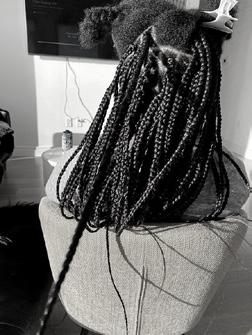






It is a reflection of God
A representation of humanness and spirituality
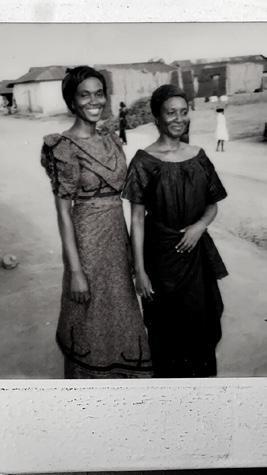


Our contemporaries and traditions
Everyday is a contemplation of pelo á mi
From what we see, to what we smell, The touch
Pelo á mi gets us closer to others But more importantly to ourselves


The mile markers all look the same The numbers all blur into one I don’t know how far I’ve gone And how much more there is go To get away from all the debris
I just keep looking back at the mangled steel Yeah, I’m still alone out here I should be the one dead
The other driver must have seen me Yet managed still to hit me with inelasticity Dragged my car for what seemed an age Spinning me around and upside down
But I got out, I needed help But no one else was there, just us I walked away reluctantly and, in a daze Yeah, my injuries will never heal completely I can’t help but keep picking at them
When I blink the reality disappears for a moment
I stagger forward and away
My breath and body shaking, mind and marrow bleeding The crash, and the pain, just salt in the wound I can’t help but wonder why and what to do next Did they do it on purpose or was it an accident? No one could fix this, the damage is done Nothing will ever be the same as it was before Maybe that was the point?

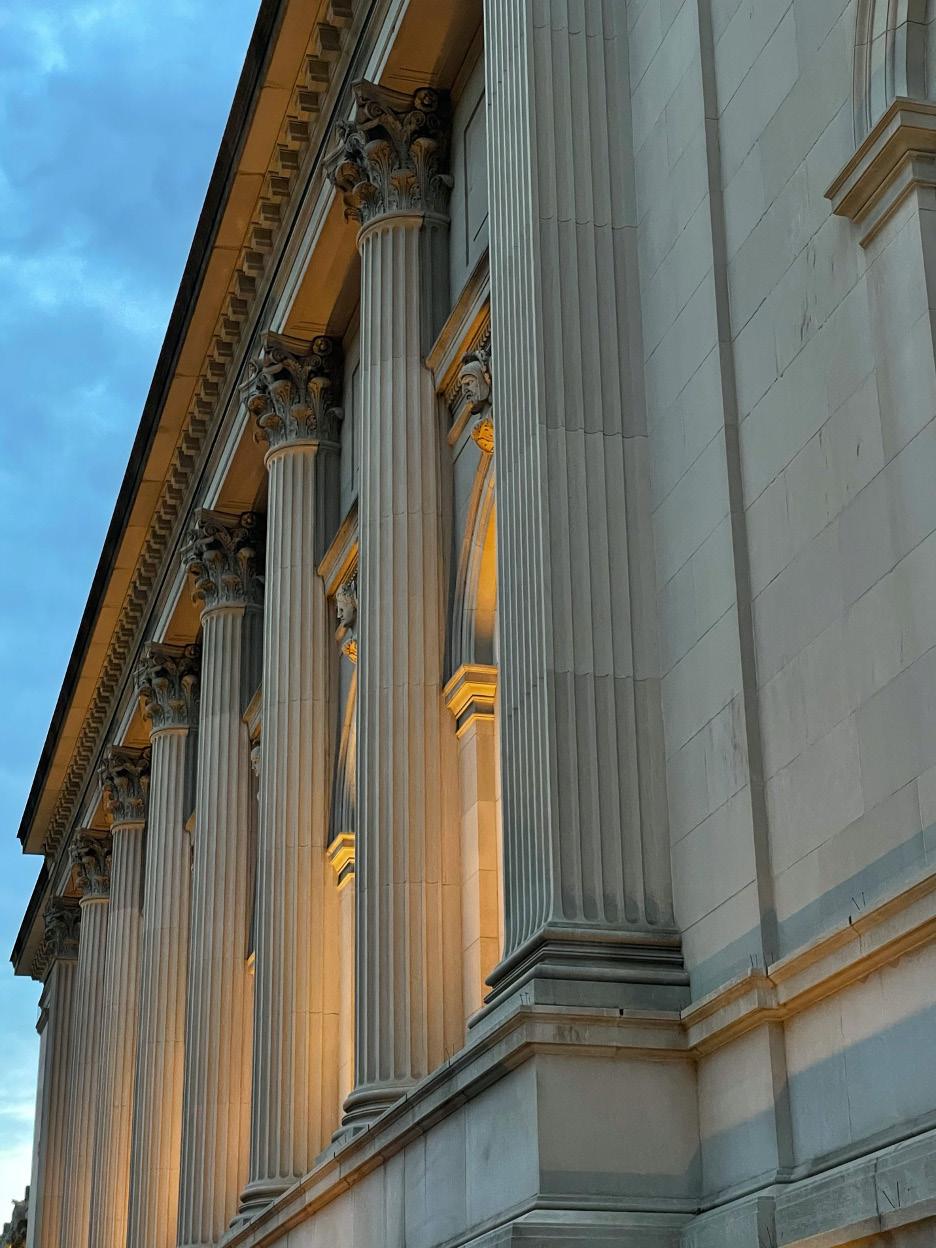

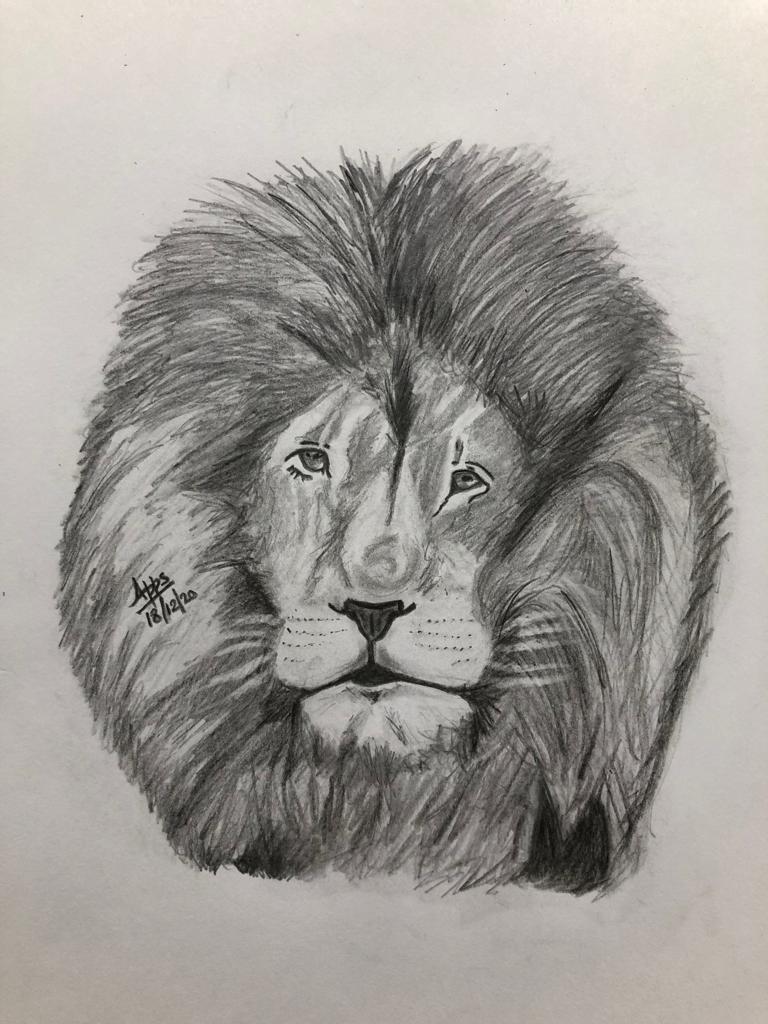 Aparajita Sarkar
Aparajita Sarkar
Screeching wheels, bumping over uneven ground
A looming bottle of saline and a carefully draped blanket, concealing the cast Clenched fingers, a swift turn, the wheels begin to climb the slope. Grunting with effort, eyes that yearn for the stairs beside, to walk, to run, to lope A numbness, an unfeeling pain, not of the bound piece of plaster, but of despair in the eyes downcast.
There is also a glimmer, but lines of worry, of hope mixed with anxiety, of the uncertain, unforeseeable, of what is to come next. Her lips were pressed into a thin line, shoulders tensed, longing to explode, many loud, unasked questions that gloom like shadows yet penetrate the silence. The air is thick with distress and agony that remain unresolved, hanging in the air, long after the wheels have entered the doors to uncertainty…
4.23.2022
Sun slips through curtains
I sit on the couch, typing While he does Anki
4.24.2022
I sip my coffee
Wash down cheesy eggs with chives
Time to start writing
4.25.2022
4.26.2022
Biking in the rain
Slick cement roads, but at least The sun is still out
4.27.2022
Up in Westchester
It’s my last day of clerkship Schizophrenia
4.28.2022
4.29.2022
It’s shelf exam day
I feel good, but still have to Coffee and Anki
4.30.2022
Day after the shelf
Trader joe’s and a facial After hangover
5.1.2022
The first day of May
First day of good weather, I See through the window 5.2.2022
Thunder woke me up
Before my alarm, I get Ready in the dark
5.3.2022
The intern told me
To meet her at 5:45 Surgery clerkship
5.4.2022
Wet scrubbed gracelessly
They don’t tell you that pimping Includes music too
5.5.2022
5.6.2022
Almost my birthday
I say I don’t want to do Anything this year
5.7.2022
It is Saturday
I will spend all day today On tutor UWorld
5.8.2022
5.9.2022
5.10.2022
5.11.2022
Subcuticular
Running suture, but be Extremely careful
5.12.2022
Called in sick today
I didn’t want to, but I Slept through my alarm
5.13.2022
Sutured a nipple “shockingly good” he said I mean I’ll take it
Scrubbed 4 surgeries
And some how got out early It’s time for May May
5.14.2022
Hangover - not fun I took a nap and rallied More Uworld questions
5.15.2022
I’m feeling useful I can get the patient’s bed And tell them the room
5.16.2022
How do surgeons go
All day in the OR, and
Round before the sun?
5.17.2022
For hours I held
Up calf muscles, to get at The left fibula
5.18.2022
What’s the blood supply?
She asks me, and I know it But fumbled the ball
5.19.2022
Felt human today
I spent the day catching up On all of the things
5.20.2022
It’s my mom’s birthday
Wish I was home so that I Could give her a hug
5.21.2022
Sun is out today
I think I’m wasting my life Constantly indoors
My poems have been On the sad side, but I swear I’m pretty content
always nice
hard work is noticed
last day,

Am I the lost cause they have been dreading?
Am I a victim of what has been spreading?
Am I doing something that is upsetting?
Am I? No!
Am I questions away from going insane?
Am I to withstand more than I can contain?
Am I at a loss for words to even explain?
Am I?
Maybe!
Am I trying to remain faithful?
Am I surrounded by ones who are able?
Am I bidding farewell to everything painful?
Am I? Yes!
Falling down on an ice rink with fingers splayed out in the direct path of another skater’s blades.
Riding in a subway car passing in a tunnel beneath a body of water – cracks in the foundation widen.
Raining bullets from the sky during a particularly celebratory Independence Day.
Changing lanes on the highway as a driver two lanes over swerves suddenly into the same lane.
Staying home alone late at night and hearing a rapping, tapping at the front door.
Riding on a roller coaster and haphazardly sticking out your limbs in the excitement, but there is insufficient clearance.
Setting alarms for an important meeting on the eve of Daylight Savings, but your clocks neglect to spring forward an hour.
Developing sudden anaphylactic reaction to a previously delicious, favorite food.
Working with super glue and then rubbing your eyes accidentally, getting the glue all up in your eyeballs.
Sneezing and holding your breath so hard that your eyeballs pop out and your eardrums rupture.
Camping in the middle of nowhere and hearing voices out in the darkness.
Nearing completion of writing up a paper and the program suddenly crashes without any backup saved.
Looking out of a window late at night and seeing a pair of eyes staring back at you.
Getting bitten by a rabid bat while sleeping and developing a sudden fear of water months down the road.
Peering out from the airplane window during a turbulent flight and seeing debris break off from the wing.
Standing on the balcony of a high-rise and having a sudden gust of wind knock you off your feet.
Gazing up at the bright blue sky and having a dollop of pigeon excreta land in your eye.
Sticking your hand out of a closing elevator to hold it for someone but the door does not stop closing.
Staring into the mirror and seeing someone you do not recognize.


Friends, is there a synonym for racist?
What is the name of the condition in which someone is half human, half success? Again Hard Good Easy
How many Tony awards do you think a doctor-in-training could reasonably get?
some performances are so good (they must have spent their whole lives perfecting it)
What is the right combination of background, social capital, mistakes, self-hatred and skin color that is to be celebrated?
Tune in to next week’s wellness lecture to find out. (though I think we all know already)
(Friends, my gynecologist found out what was causing my symptoms very quickly -she must have been la crème de la crème and then left the room even quicker!)
270 on step 1 (I cried alone on the way home)
Is there an award for the absent sisters, the never-lovers, the anxiety-ridden overachievers who perhaps did not achieve quite enough?
Did you think getting in was the hard part?
How many months do you need to wait to get a therapy appointment at your school?
How many failures have you overcome? How many still haunt you?
Did you think you would know the names of those who determine who is worthy and who is not?
Why do female physicians have higher rates of infertility?
What does honor actually mean to you and him and her and them?
How long does burnout last?
(Friends, consider this dichotomy: with one email, some come to find out exciting, happy news; others are shocked, surprised to find some dinosaurs still roam the Earth.)
You have the right to remain silent. Anything you say Or do Can
And will Be used against you In the court of public opinion. You have the right to a jury Of your peers: The same peers That mock and belittle That act as your judges That choose misunderstanding Over truth.
You have the right to an attorney To defend your honor To tell the truth: Your truth
But on the day of the hearing Not one will be provided Because who wants to hear Your truth
When theirs Is set in stone?
So, you’ll make it to the stand You’ll make your own defense You’ll be prepared to speak You’ll make them hear your stance You’ll do everything you can You’ll show them your hand You’ll plead and cry and beg And they won’t give you a glance. So, you’ll stop.
Stop.
And never speak again.
Fill the space with nothing words
Watch every twitch and shift
You are just a puppet
But you can still the shaking strings
You have this one right.
One.
You have the right to remain silent
Because anything you say Or do Can And will Be used against you.
 Amy Xie
Amy Xie
 Keith LaScalea
Keith LaScalea
Right at the edge, I see everything All personified insanity
Just an ephemeral piece of a dream Of strawberry smoke and anxiety
Maybe deep learning will make us free Our devices know all our secrets and pleas Virtual crimes, digital lies Limitless views stacked to the sky Chaos clouding all of our minds
The rich get richer and the poor are underfoot Just photoshop your skin and forget what they took Mass deflection, all corruption by the book
Still learning nothing from history’s mistakes Small bodies catching all the bad breaks
Stuck on the ground, no planet B Cast all the ashes straight into the sea Run away from those who disagree Invaders of old making many a refugee Are we having fun yet?
Old white men control all we are and don’t give a shit The world is burning and they just want the next hit Genius minds can’t create any more time Stuck in a tomb of our own design Why would I stay awake when I can just dream?
Keep cranking the wheel, pushing it back
Caring about others is too much to ask
Shape-shifting rules to avoid the next task
Keep your head down, plan the next post
Maybe we’re too tired to start the revolt?
Nothing you want and nothing you need
Out of passion, out of confidence, out of reasons to live
Tell us the truth or tell us a lie
Just tell us things are going be alright
Are we having fun yet?
 Amy Xie
Amy Xie
 Ilana Kotliar
Ilana Kotliar
Gloom of night
Silence and solitude
Noise of water Bang of a door
Tinkle from key Then … vanity and pain.
Clamor from people
Contemptuous smiles
Additional pain and more outwit
Until the Vanity becomes overwhelmed And one starts to feel The pain of the game.
Then … tired jingle from key Angry bang of a door Noise of crying water And again
Gloom of night Silence and solitude.

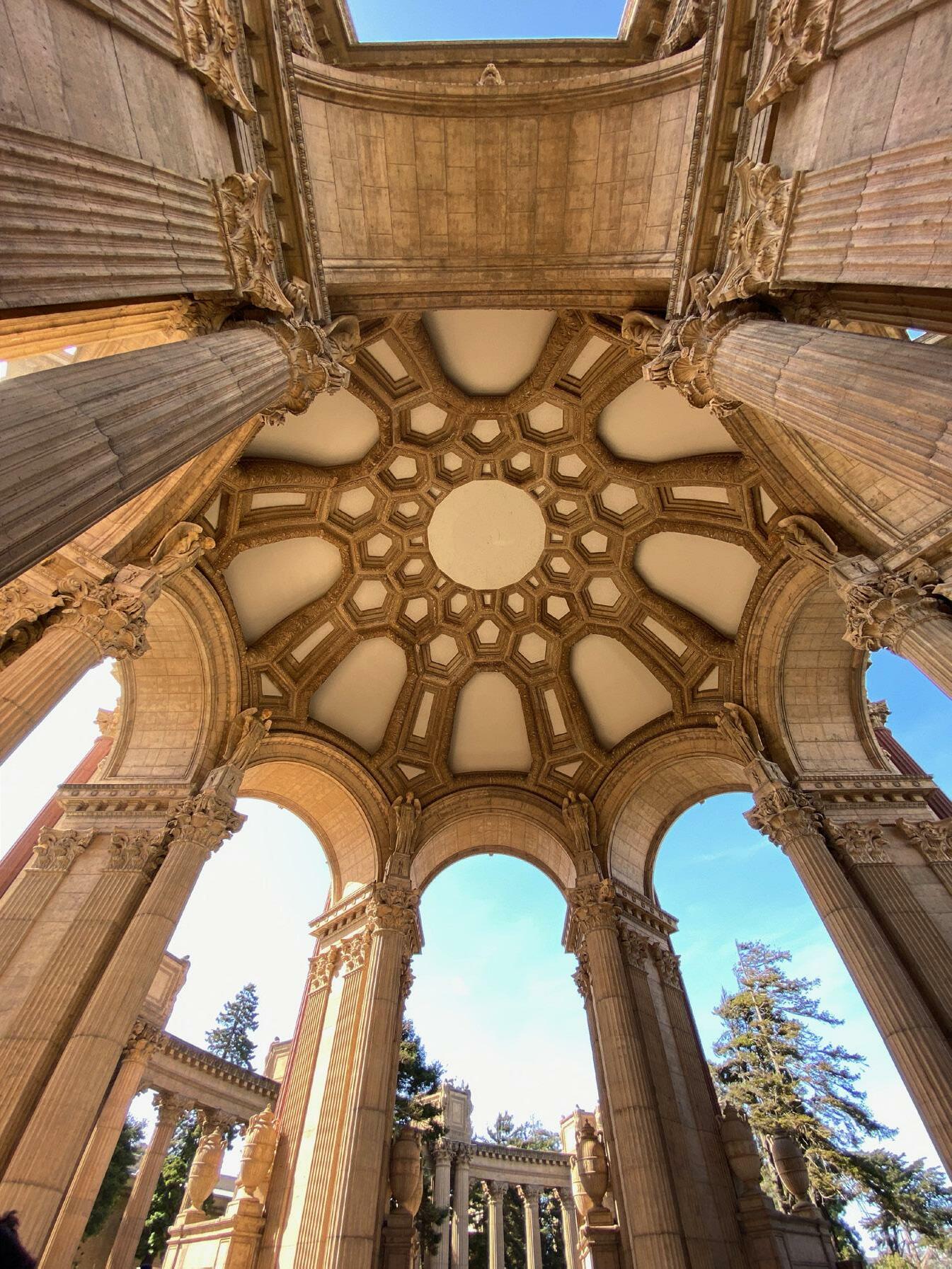 Brittney Chong
Brittney Chong
You are solace, comfort, cheer
Always seem to be available
Reliable, regular as the sun Unlimited in providing energy
You are beauty, elegance
Undeviating nor tainted
Honest, loving, and faithful Generously bountiful
You are delitescent, discrete Transferring delicacy
Sincere, effective, selfless Passionate, peaceful, patient
You are joyful, playful, caring Shaking life daily, excited
A mentor, strong, unfazed, inspired Showing skills, talent, fluency
You are my inspiration, vision
Always there when I need you In adversity or prosperity
To carry my spirits near and far
Blissful I have all the good fortune
To embrace your warmth, intensity Learn from your wisdom, revealed Thirsty, I drink from your thoughts
I’m six feet under It hurts down here It’s dark and lonely. My God is one So my time has come For one more time Please, take me back.
My lungs are on fire My heart can’t beat, not once. My legs are stuck I can’t outrun this. I’m sorry.
Take me back, I’m winning. The lights fly by I’m smiling so big I feel so alive.
I’m 240 now, You warned me before But I’m holding on tight To the circle of this, I’m losing sight Of the circle of life.
Take me back I hear the ringing I see his headlights. I feel all alone.
I hold her tiny hand
“I’m here for you.”
She sleeps safe in my arms.
I kiss her hand
“I love you too.” She closes my door at night.
I hug her tight, She’s safe with me
I’m here for her She’s there for me. I love you so, You told me so.
So take me back Just one more time I’ll hug her more tightly I’ll savor my time. Slow, Slow,
Slowly like that, I’ll wake up tomorrow I’ll be there for that. Please take me back.



Aleppo is the eternal city, she is the city that even though I was not raised within her, and I have not lived there, and I do not speak her language, and I do not know her alleys and doors, she embraces me every time I return to her, as if I was one of her own children. And like all of her children, whenever I find myself outside her gardens and fences, I wish: if only I can return. Return to the city that created civilizations before me, and civilizations after me, to the city of a thousand doors and alleys, each of them hiding stories to the naïve eye, stories of the histories of peoples and cultures that have passed through these very alleys. For her children, there is no other city that could compare, and for this reason, whenever we are asked why you want to return, you will receive a look of surprise.
Air, water, food, money, and time. These five words mark the cornerstones of our modern world. Yet they also share a different relationship. All of them are finite. This tiny blue gem we call Earth is limited in its resources, and one day these resources will run out. Certainly, this is already evident in the aberrant climate change, the rising cost of living and the general scarcity of goods. Consequently, there will come a time when there is no air left to breathe, no water left to drink, no food to eat and no money to use. We will have run out of time.
However, is that so bad? Why do we turn a blind eye to the inevitable and try to run away from our future? We work, eat, love, cry and die in a carefully planned dance, all in the hope of turning back time. Today’s generation dreams of the ‘simpler’ times in the past, as every generation before it. We are all scared of what lies ahead or have resigned to its mystery. We are terrified to live in the moment.
Cherishing every second of your time may seem impossible at first. Certainly, you would not embark on such a lifestyle to amass any of the limited resources here on Earth. While the cornerstones of society are helpful to live a full life, they do not help you live in the present. Something else must be the reason for living. Something infinite.
I think that this is our feelings. The emotions we feel determine what we observe, how we comprehend and when we act. The very concepts of feeling, understanding and expression of our emotions make us human. Furthermore, there is no limit to the emotions we perceive since they are abstract concepts we use to define the human condition at the present moment. Our emotions are so closely tied to our humanity that we call our unique collection of feelings, perspectives, and dreams our individuality.
Consequently, our individuality determines who we are as a person and what our ideal world looks like.
But worlds can collide. Friction arises between people who have distinct individualities. Sometimes, this leads to a lack of understanding between both parties. Consequently, one side would feel a lack in their ability to express their individuality. When it is not possible to be yourself, defensive actions are taken. This thought may come in the form of subconscious disapproval, unsavory thoughts or even a gentle whisper of disagreement. Yet this leads to the consolidation of one’s views. More arguments ensue, leading to the ultimate wrongdoing in this world: violence.
Competent humans conducting violent actions under any conditions are contrary to their fundamental humanity at some level. The reason is that we are hard-wired to receive immense self-actualized joy from helping others. All feelings shape our individuality as we pass through life. Still, the main reason for us to have individualities in the first place is to express them. In doing so, you hope to aid them in building up their individualities.
As such, this is a message to all people across the world. Our world is imperfect, with dwindling resources and more difficult times. However, we must understand our fundamental nature, enjoy life in the present and show empathy towards others. That is what makes us who we are. That is the reason why we are alive.
 Leonardo D. Borregales
Leonardo D. Borregales
Thick stemmed, thin leaves of marigold
You never get old
You spend your wake and slumber
In the meadow, I drive by when I ponder
How can life change so quickly?
When my family lived in the LA cul de sac
I didn’t know that it was going to be temporary
My California solace of jacarandas and poppy replaced
With the Texas landscape of nothingness
Or so I thought
I’d first noticed you on the walks around our neighborhood
And I hoped you stay for good
When my parents rambled about the love of their new home
I look at your petals and think
“Places can surprise you”
You live in the most unexpected places
Showing your beauty in the barren dirty deserted spaces of Texas
Strong yet delicate
Every time I see you illuminate in the sunset
I get a little more sure that I can call this place home
Ian Nykaza

You’re wild yet tame
I once sat and wondered,
If the feeling in my heart was true. For hours on end I pondered, If I will ever have you.
In the tight confines of time, Our hearts contracted, collapsed then collided, Like dark clouds of gas and dust
In the midst of timeless space – united.
We would not be commended, By friends or communities. Our relationship: ended, By disapproving families.
But the collapse had long been triggered, And we’re drawn towards the core, Accelerated by gravity,
To speeds never reached before.
Well versed in this territory, You always returned unscathed.
The terrain, being new to me, Left me in a drunken haze.
Temperatures rose rapidly, To millions of degrees, Forming a protostar, A so called ‘star-to-be’.
Your touch was eccentric, One that my heart will miss. You kept me ecstatic, Filled with joy and endless bliss.
In an interstellar explosion, Our star flared into life, Shooting jets of gas debris, Causing a celestial strife.
My suffering was sequential –Should’ve known from the start: We’ll never reach our potential; We’ll never go that far.
We could be like the stars, Burning for billions of years. The steady beats of our hearts, Eliminating each other’s fears.
You’re her gas and she’s your dust, Together: a dark cloud. Then there’s me: dark matter –Invisible; filled with doubt.
I’m sick again
This came out of the blue
Now my eyeballs feel just like they’re both filled with glue
My head’s in a vice
Someone tightened the screw
And from out of my nose an alien flew
Sinuses, sinuses what are they for?
I don’t want these holes in my nose anymore
I wish I could take them right out of my face But you can’t take out something that’s just a space
How can it be that I’ve gotten so sick?
It must be that doorknob I just had to lick It’s not in a place I can easily pick Maybe I need an antibiotic?
Sinuses, sinuses what are they for?
I don’t want these holes in my nose anymore
I wish I could take them right out of my face But you can’t take out something that’s just a space
The one thing I know
Is the third grade shouldn’t come out when I blow No, no!
And so, the doctor must look up my nose
With a light at the end of a big rubber hose
“Doc, can you tell me just what this test shows?”
He said, “You’re a garden where everything grows”
Sinuses, sinuses what are they for?
I don’t want these holes in my nose anymore
I wish I could take them right out of my face
But you can’t take out something that’s just a space
Scan QR code to listen to Bill Reisacher’s original song “Sinuses, Sinuses”

Scan QR code to view Sophia Salingaros’s choreography in Bharatanatyam
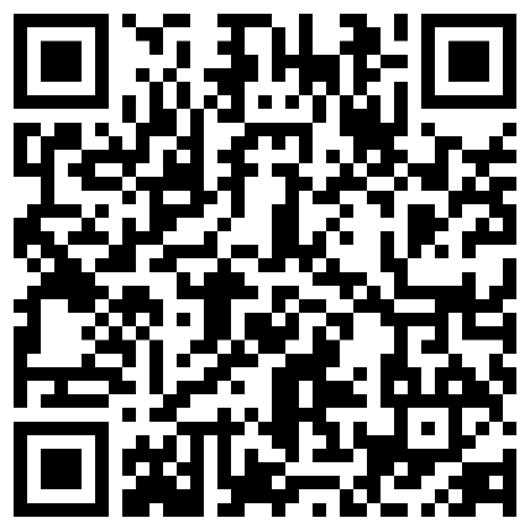
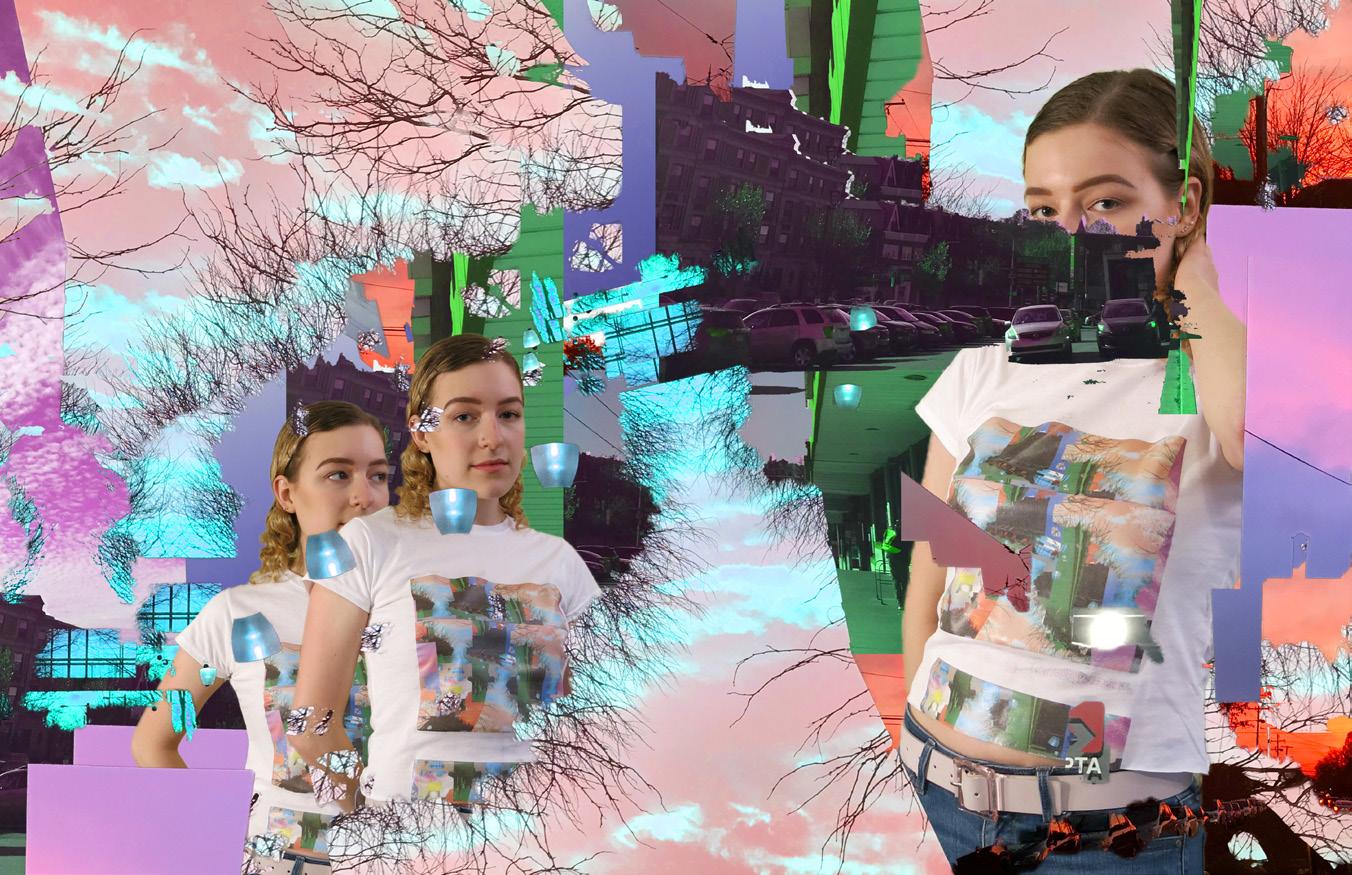

Let me set the stage. The year was 1992. The first George Bush was president, Roseanne was the number one comedy, Michael Keaton was Batman, and Classic Rock WPLJ was the soundtrack to my life. I was a junior attending in the Neuro ICU at Columbia, attached to my beeper; Dr. Matthew Fink was my boss. Neil Young was my favorite recording artist. Some things never change.
For those of you unfamiliar with his work, Neil Young is the Canadian-born rock musician, father of Grunge, probably best known for his membership in the 1970’s supergroup Crosby, Stills, Nash and Young (Teach Your Children, Our House, Woodstock) and his only number 1 single, Heart of Gold. He has been my favorite artist since I was 16 years old. Until COVID, I had seen him in concert every year since 1975, often more than once. I am a dedicated fan. You may ask why, what is it about this particular artist? He has a song for every one of my moods. Which is what I knew I would say to him if I ever had the chance.
Remember MTV Unplugged? Neil decided to do an MTV Unplugged show in NYC. WPLJ ran a contest to win tickets. You had to be the first caller when they played a Nel Young song. Since I can name that tune in one note, I started to dial as soon as I heard the first chord of “Down By The River.” This is in the days before cell phones, call waiting and re-dial. And yet I won.
On an unusually warm December evening, my friend Claudia and I arrived at the Ed Sullivan Theater, dressed in NYC black. As the staff positioned the audience, placing those of us in dark clothes in camera view, we ended up seated next to the band. We were so close I had to say hello. I knew everyone’s name, instrument and what albums they played on. The guys were impressed. Or at least flattered. They told us they hung out at The Brasserie after the show. So, at midnight, Claudia and I headed to The Brasserie.
But no band. I recalled reading an interview with Neil saying he liked the pastrami at the Carnegie Deli. Keep in mind that prior to Instagram, it was a lot harder to stalk people. So off to the Carnegie Deli. One fabulous bowl of matzah ball soup later, but still no band. I asked the cashier if she had seen Neil, and she pointed us to the Rhiga Royal, a hotel down the block, where, at the bar, we were greeted by …the band. “GIRLS!”
Several drinks later, in walks Neil Young with his manager, Elliot Roberts. Neil was clearly in a bad mood. As it turns out, he was not pleased with the band that evening, refused to release the video, and never played with that bass player again! Apparently, the band was distracted. Go figure. Neil sat not ten feet away from me. Nursing a glass of red wine. Silently staring ahead. And that’s what I did - silently stare at my favorite musician of all time. I did not have the courage to deliver my prepared line.
I’d like to think that 30 years later, if the opportunity should ever arise again, I would actually be able to thank Mr. Young and deliver my line. I hope I get the chance.
The moral of the story is learn from my mistakes – strike while the iron is hot, seize the moment, conquer your fears.

Who can question my dowry?
My dowry is rich indeed.
Ten thousand sunsets I have
And ten thousand daybreaks
One Valley of Roses
And ten songs for Love
Two different Worlds
Two Heavens to dream of And two Hells to suffer
Who can question my dowry?
My dowry is rich indeed.
Cepheus and Cassiopeia’s daughter Andromeda, leader of men, was sacrificed A mother’s boasting offended the sea God Divine punishment was to be eaten
Andromeda cried out, while chained to a rock Awaiting her fate by Cetus, the sea monster
To mollify the sea God Poseidon Always ravaging the coast
Andromeda lamented her fate alone
With only her echo to respond to Alone and forsaken, subdued, wretched Perseus rescues, and asks for her gratitude
Take me stranger for servant, wife or slave Perseus’s pity changes to deep love Demands of Eros, don’t teach us to see Beauty, in what is always beautiful
They married to become constellations

 NatalieDeana Badillo
NatalieDeana Badillo
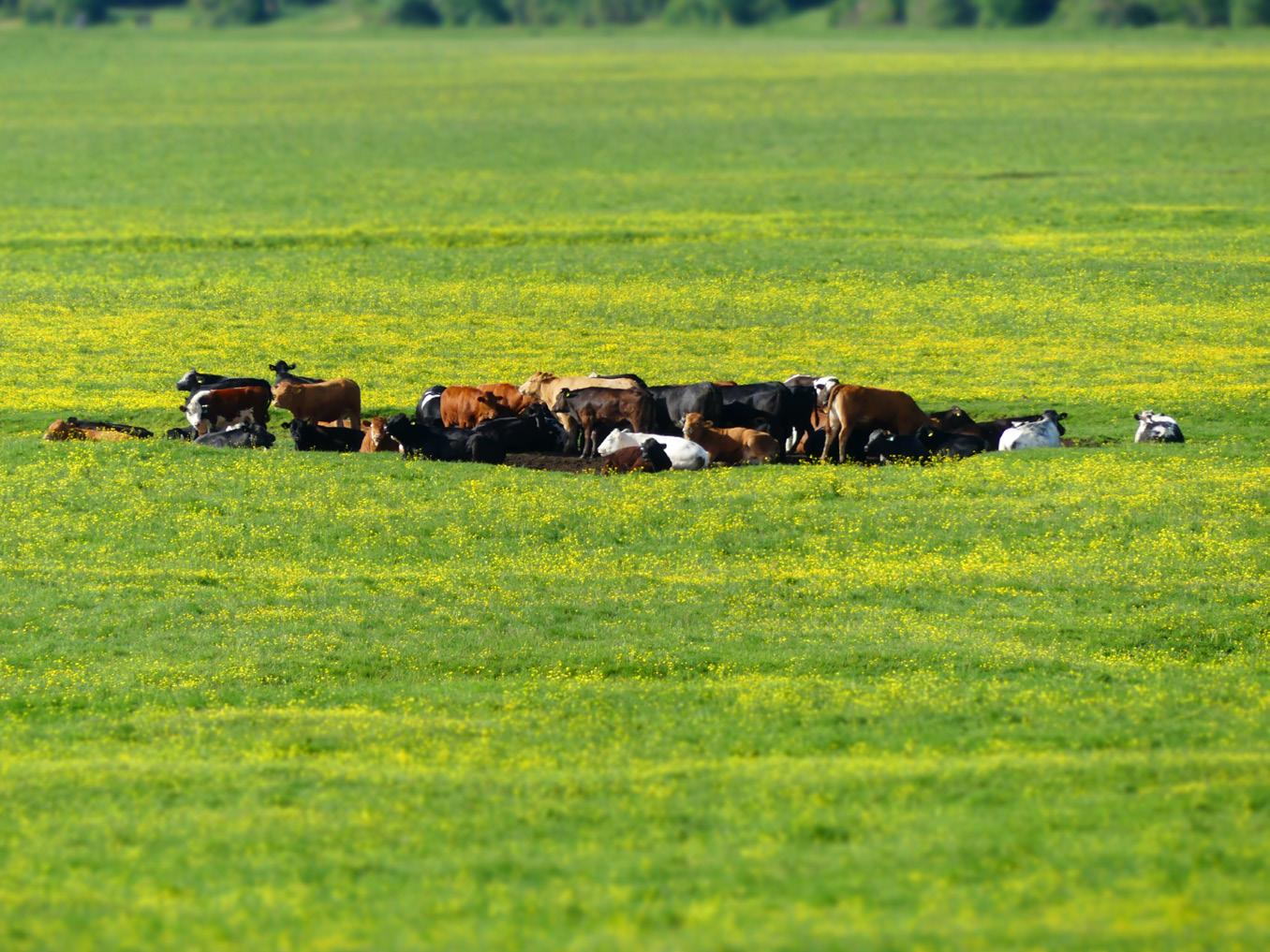 Nathaniel Hupert
Nathaniel Hupert
She opened her fists over wine dyed tablecloth in hopes of being seen through, made known to herself. Oh, to believe anyone could break through the boundaries of skin, and eye the truer self beneath—glass encased and still. Yet
life flows ruddy through our wrinkles and creases as rivers running red, tepid to the touch, opaque in sight,
so if we can know anything at all, it’s that our bare bodies seldom make us naked to the other; at best we read between the lines
of our palms, make sense of uncertain fog in crystal balls that prove nothing. Let us shatter the glass, trace our selves in the shards,
then press against me as close as our borders will allow and learn me under gray bed covers where we will spin dreams unremembered, taking the future into our own hands.

A flower doesn’t bloom under pressure.
You tried to water me: soaked my leaves and left my roots barren
You never listened.
When I yearned for the sun, you enclosed me in your darkness.
When I’d wilt, you’d drown me in water, push me to the window, and call yourself a lover...only to let me drown again months later.
My boon of lavender and lilac intrigued you, but couldn’t coax your green thumb
Lonely little lily used to bloom in the spring for the buzzing bumblebees, the monarchs resting on my petals, or for him to finally love you.
But now the flower blooms for itself, an act of beauty in survival.
 Danielle Yerdon
Danielle Yerdon
Ascensus is a student-run organization at Weill Cornell Medicine whose mission is to bridge the humanities and medicine through publishing an annual journal, along with holding events including lectures, workshops, and open-mic nights. Ascensus was founded by a group of medical students in 2011 to provide a space for students to reflect on the practice of medicine. Since then, it has grown to engage all members of the Weill Cornell community, including medical students, graduate students, faculty, house staff, nurses, social workers, administrators, and more. Over the past eleven years, our journal has featured rich visual, written and multi-media work from the wider Weill Cornell community.
The Ascensus staff takes pride in the quality and diversity of the creative pieces showcased each year and hopes to continue serving the community through this publication and our events for many years to come.
We would like to encourage all members of the community to continue pursuing their creative passions as they reflect on their professions and the human experience. We look forward to receiving submissions for next year’s journal!
Lastly, we would like to thank our advisors, Dr. Susan Ball, Dr. Randi Diamond, Dr. Daniel Shalev, and Allison Lasky.
Ascensus is published with the support of Weill Cornell’s Office of Academic Affairs and the Liz Claiborne Center for Humanism in Medicine.
If you would like to submit, or want to know how to support the journal, contact us at wcm.ascensus@gmail.com

